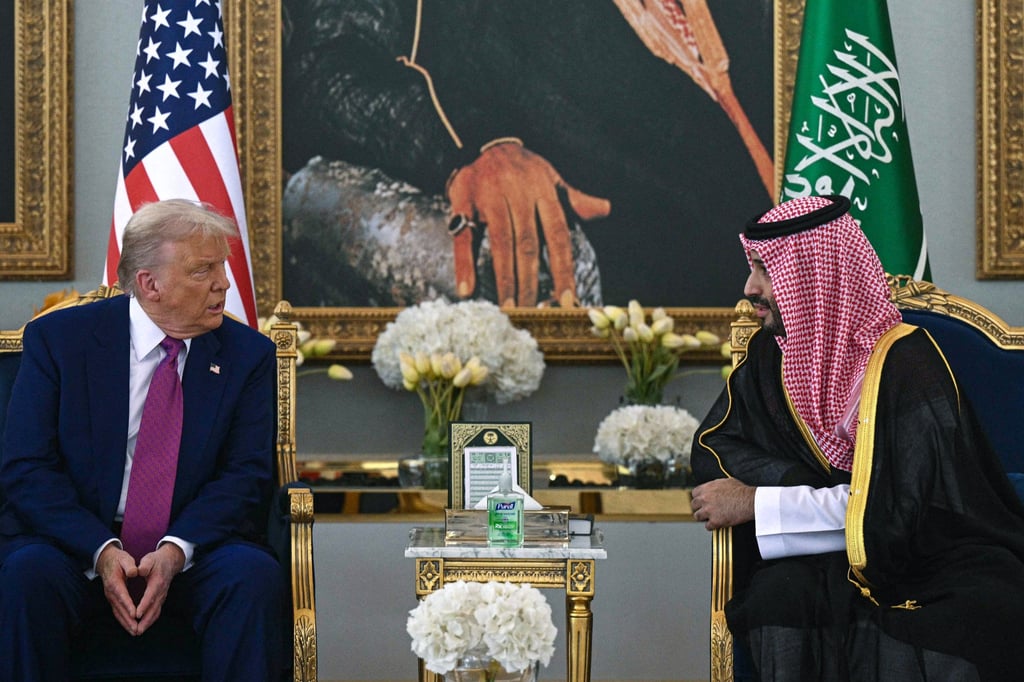Advertisement
But, analysts say, China’s economic leverage and political ties, which have deepened since a China-Gulf Cooperation Council summit in Riyadh in 2022, could benefit the US by helping to stabilise the region, particularly in relation to Iran.

One potential flashpoint with Washington could be the use of the yuan in Gulf trade and Beijing’s currency swap agreements with those nations, according to Sun Degang, director of the Centre for Middle Eastern Studies at Fudan University.
“Should President Trump tie greater Gulf investment to any deals, it may curtail the scope of their trade engagement with China,” Sun said.
China has established currency swaps with all three countries: an agreement with Saudi Arabia worth 50 billion yuan (US$6.95 billion) that was finalised in late 2023; a 35 billion yuan pact with the United Arab Emirates that was renewed the same year, and a deal worth 35 billion yuan with Qatar signed in 2021.
Advertisement
Sun said the deals were not intended to challenge the dominance of the US dollar, but rather to lessen dependence and foster greater diversification within the global payment system. Still, Washington may pressure the three countries to scale back their use of the Chinese currency in future trade negotiations.


